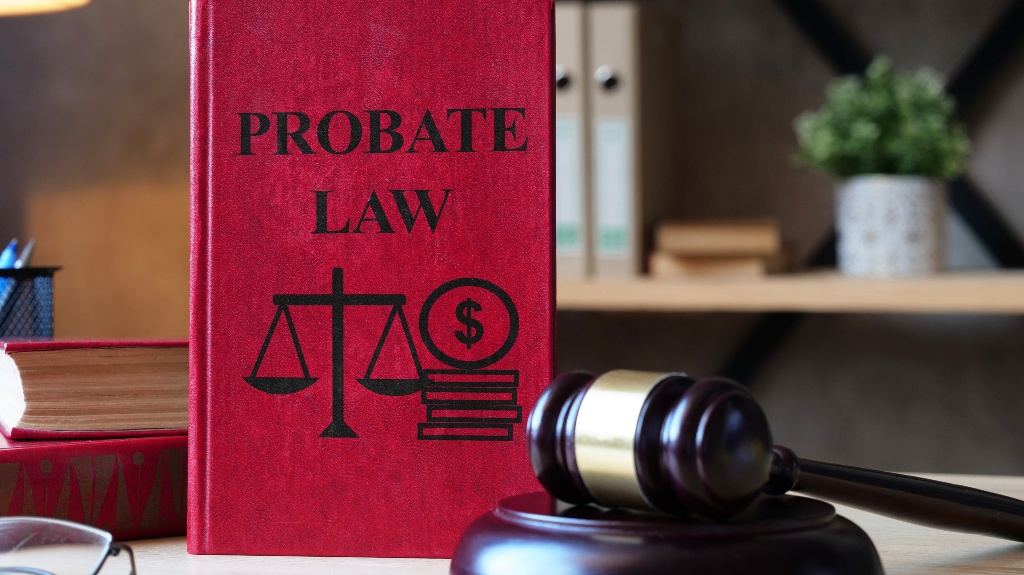Probate vs. Non-Probate Assets in Kentucky

When someone passes away in Kentucky, not all their assets automatically go through probate. Some assets transfer directly, while others must be handled through the court process. Knowing which is which can save time, reduce costs, and help you avoid legal headaches during an already difficult time.
What Are Probate Assets?
Probate assets are those owned solely by the deceased and without a designated beneficiary or co-owner. They must pass through the probate court before they can be distributed. This process confirms the validity of the Last Will and Testament, identifies heirs, settles debts, and authorizes the transfer of property.
Examples of probate assets in Kentucky include:
- Real estate titled solely in the deceased’s name
- Bank accounts without a payable-on-death (POD) designation
- Vehicles titled only to the deceased
- Personal property such as jewelry, furniture, and collectibles
- Investments without transfer-on-death (TOD) instructions
The probate process can take several months and often involves legal fees and court costs. While probate provides court oversight, many families prefer to minimize it when possible to save time and expense.
What Are Non-Probate Assets?
Non-probate assets bypass the court process because they transfer directly to a named beneficiary or surviving owner. These assets are typically set up with legal mechanisms that ensure automatic transfer upon death.
Examples include:
- Jointly owned property with rights of survivorship
- Bank accounts with POD beneficiaries
- Retirement accounts with designated beneficiaries
- Life insurance policies with named beneficiaries
- Transfer-on-death deeds or securities
Since non-probate assets do not go through court, they are generally available to beneficiaries more quickly. However, it’s important to keep beneficiary designations up to date to avoid unintended results.
Why the Distinction Matters
The way your assets are titled and how beneficiaries are designated can significantly affect how your estate is settled. Even with a will, probate assets will require court approval before distribution, while non-probate assets will transfer independently.
For example, if you name your daughter as the beneficiary of your life insurance policy, she will receive the payout directly without waiting for probate. But if your will leaves her the proceeds from a bank account that is solely in your name without a POD designation, she will have to wait until probate is completed.
Planning To Minimize Probate
If you want to reduce the number of assets that pass through probate, you can take proactive steps during your lifetime:
- Add payable-on-death or transfer-on-death designations to accounts and investments
- Title property jointly with rights of survivorship
- Use trusts to hold certain assets and designate beneficiaries
- Regularly review and update beneficiary designations
It is important to remember that avoiding probate is not always the primary goal. Probate can provide necessary legal oversight, especially if there are disputes among heirs or concerns about creditors. The best strategy depends on your specific situation, family dynamics, and the types of assets you own.

Getting Professional Guidance
Estate planning involves more than just deciding who gets what. The structure of your asset ownership will determine how smoothly your estate is settled. An experienced Kentucky estate planning attorney can help you review your assets, explain how they will be classified, and create a plan that aligns with your goals.
Contact Our Legal Team Today To Learn More
At Hoffman Walker & Knauf, we work closely with clients to ensure their estate plans are both legally sound and practical for their families. Understanding the difference between probate and non-probate assets is a crucial first step in protecting your legacy.
Reach out to our legal team today to discuss your estate planning needs and secure peace of mind for your future.

